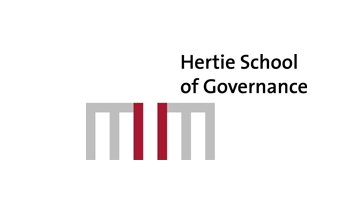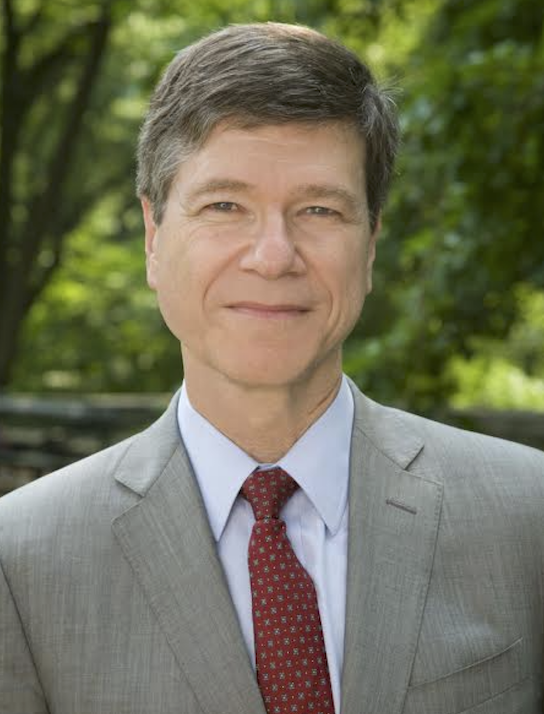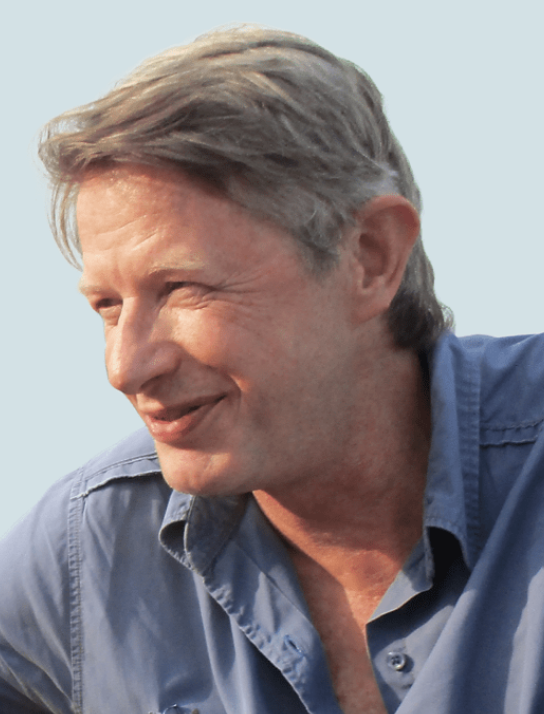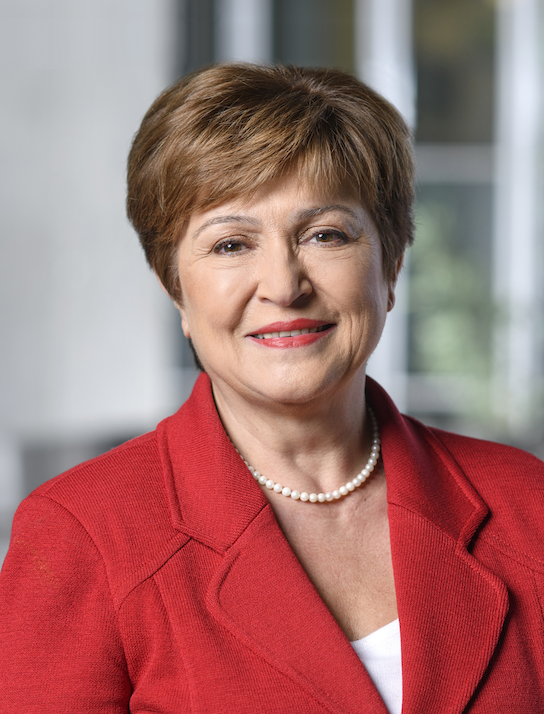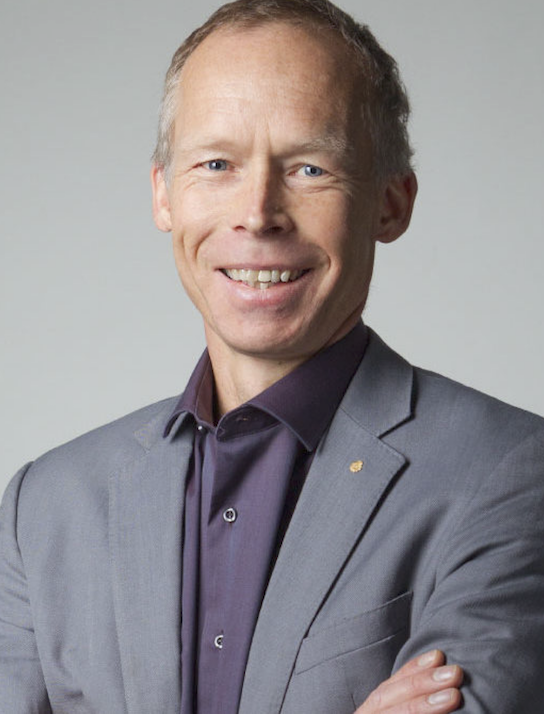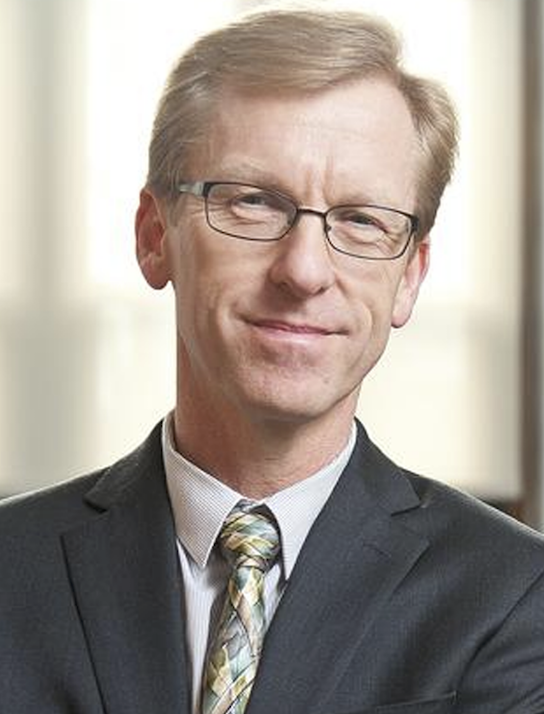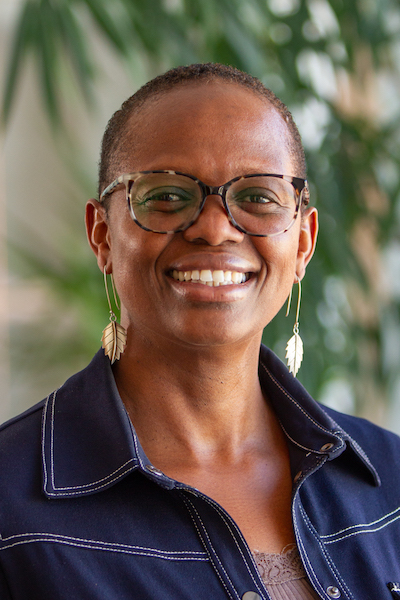Jeffrey D. Sachs, University Professor at Columbia University and Director of the United Nations Sustainable Development Solutions Network, focused on the role of the European Union in the process of achieving the SDGs both in a European and global context at this Kapuscinski lecture.
He argued that sustainable development requires a new kind of statecraft, and the new European Commission has the opportunity to put the EU in the global lead of this effort: “Unless we have a strong Europe and a Europe that understands that when American leadership has collapsed, it is necessary for European leaders to step forward, we won’t be making it”, he told an audience at the Hertie School.
According to the annual Sustainable Development Report, which estimates each country’s capacity to achieve the SDGs, the globally top-ranked countries are European. “Without question, the quality of life in Europe is the highest quality of life on the planet. It’s also the part of the world that comes closest to achieving the ethos of sustainable development”. Sachs argued that sustainable development at its core means economic prosperity, social inclusion, environmental sustainability and the rule of law. Despite Europe’s practice of importing goods from polluting countries, Sachs acknowledged its intent to comply with the standards of environmental sustainability, but nonetheless called for further SDG alignment among EU member states.
The new EU Commission has the opportunity to become a global leader of the SDGs and the Paris Climate Agreement. This comes with the question of how Europe can lead other countries to achieve the SDGs and how Europe affects other countries through global supply chains and other spill-overs. Sachs’ recommendations for the new European Commission under the leadership of Ursula von der Leyen included introducing EU-wide strategies to target the “seventeen-dimensional problem” of achieving the SDGs. He emphasized the need for technology-driven transformations for decarbonized means of transportation in air, sea and on land and energy systems. “Europe has a big job to do because where is the goal? The goal is zero by 2050!” This technology puzzle could only be solved by significant investments in research and development, leading to a climate-neutral and circular economy. Sachs highlighted the inherent need for a new investment agenda to cope with the lack of innovation in some regions. Therefore, the EU needs a budget increase with more resources spent on directed research and development, increasing innovation and thereby the quality of life.
The issues need to be addressed at every level of government, from local to global and require constructive problem-solving. The complexity and timeframe of the issues Sachs outlined require intensive analysis and research, as well as a multidimensional approach that includes both the public and private sectors. Furthermore, Sachs suggested that a Eurostat framework for SDG measurements and indicators should be introduced as a means to monitor the implementation of policies by governments and the alignment of businesses with the SDGs.
He recommended a shift in the European Union’s diplomacy agenda, and challenged Europe to take the lead in the multilateral environment and climate change agreements: “Europe’s leadership is vital to make the world system work”. With respect to Europe’s position as the largest donor in the world, Sachs argues that it needs to scale up its strategy and focus on attaining the geopolitical heft that comes from raising resources for development. Furthermore, he suggested partnerships with key bilateral forums: “Europe’s bilateral relations with other regions will come to be the defining diplomacy”. The European Union should partner with the African Union to endow every African child with the opportunity for secondary education. He urged Europe to commit to a sustainable Eurasian economy and to further cooperate with MERCOSUR.
In his concluding remarks, Sachs urged Europe to “build a rule-based, multilateral system under the UN Charter with the common aim of sustainable development”, by engaging in strong partnerships and the promotion of the principle of having zero emissions by 2050.
